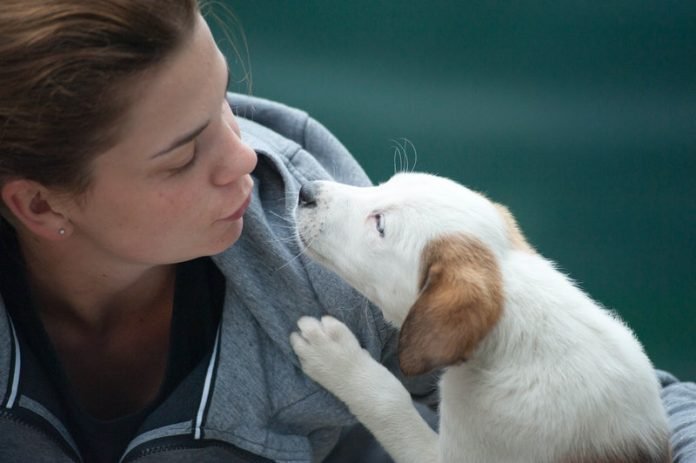
In a new study, researchers found that owners of a dog with diabetes are more likely to develop type 2 diabetes themselves than owners of a dog without diabetes.
The findings support the view that dog owners and their pets might share certain health behaviors, such as physical activity level.
No shared risk of diabetes was found between cat owners and their pets.
The research was conducted by a team at Uppsala University and elsewhere.
Worldwide, more than 400 million people have type 2 diabetes and this is set to increase in the coming decades, partly due to the population aging, and shifts in lifestyle behaviors and obesity rates.
Some studies have suggested a link between adiposity (being severely overweight or obese) in dog owners and their pets, suggesting that the two might share health behaviors such as activity level.
But no study has investigated shared diabetes risk in dog and cat owners and their pets.
To address this knowledge gap, researchers based in Sweden and the UK set out to investigate.
Using veterinary care insurance data, they examined 208,980 owner-dog pairs (175,214 owners and 132,783 dogs) and 123,566 owner-cat pairs (89,944 owners and 84,143 cats).
This information was linked to Swedish health and drug registers to identify cases of type 2 diabetes in dog and cat owners and cases of diabetes in their pets over a six-year follow-up period.
The team found that compared with owning a dog without diabetes, owning a dog with diabetes was linked to a 38% increased risk of type 2 diabetes.
The risk of developing diabetes was also 28% higher in dogs with an owner who had type 2 diabetes compared with dogs with an owner who did not have type 2 diabetes.
This estimate, however, was reduced after adjusting for the age of the owner.
No association was found between type 2 diabetes in cats and their owners.
The team says possible explanations for these findings include shared lifestyle behaviors, such as physical activity levels and dietary habits between dog owners and their dogs that affect the risk of diabetes.
Lower concordance between the cat owner and cat physical activity could help explain the absence of shared diabetes risk in owner-cat pairs.
One author of the study is Rachel Ann Delicano.
The study is published in The BMJ.
Copyright © 2020 Knowridge Science Report. All rights reserved.



